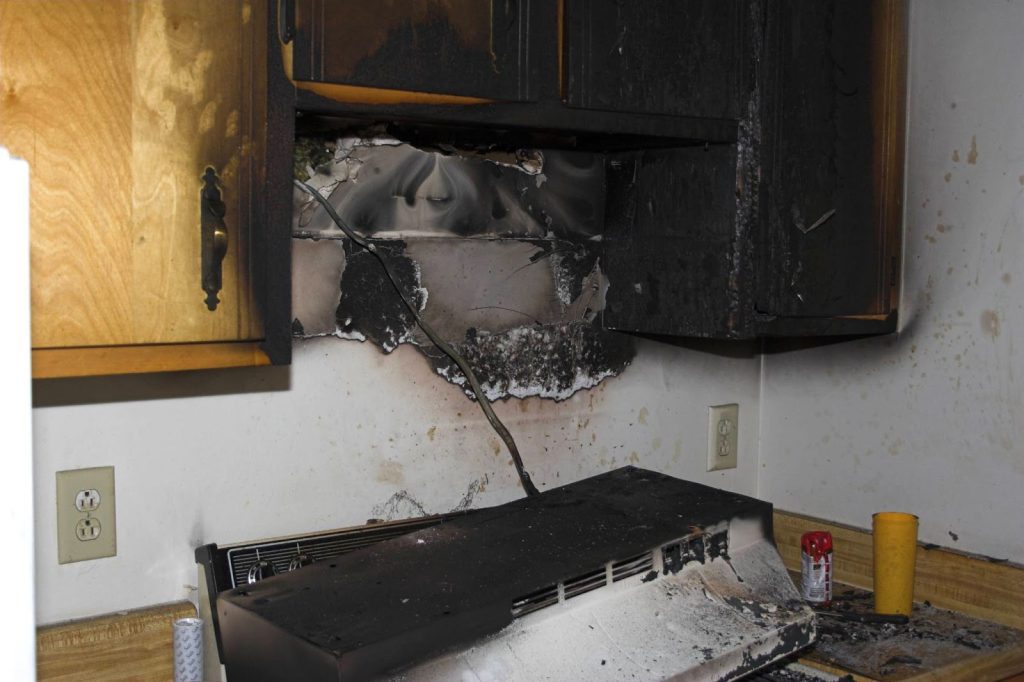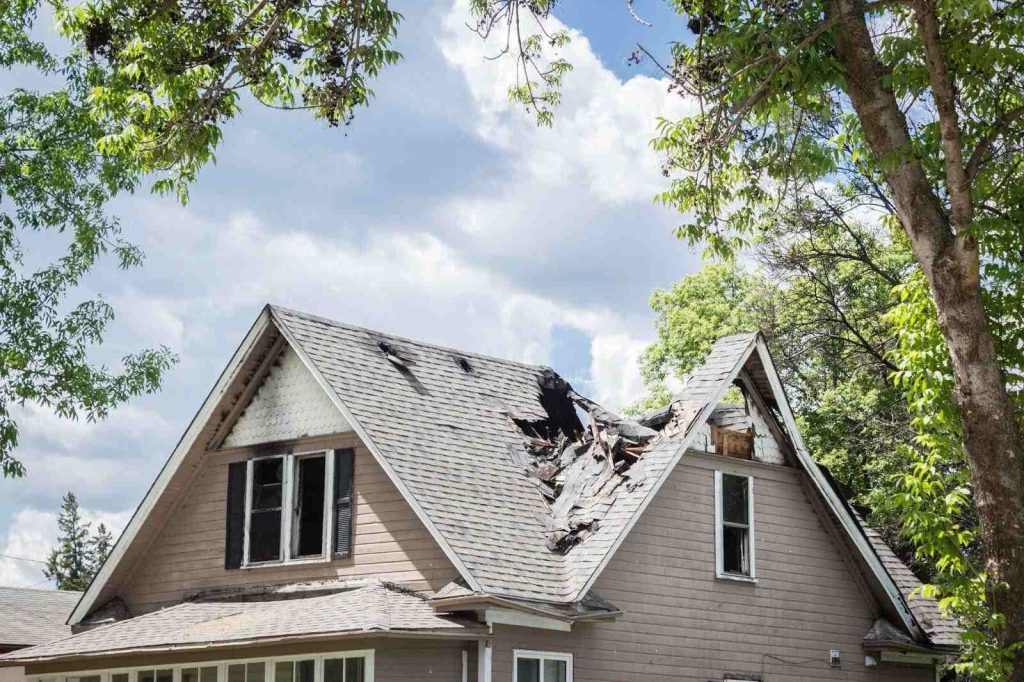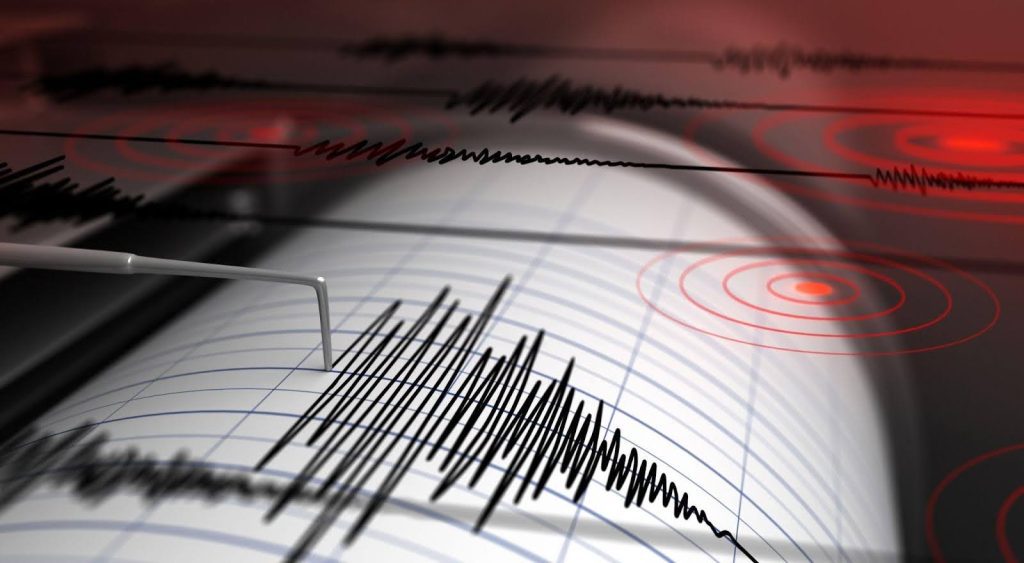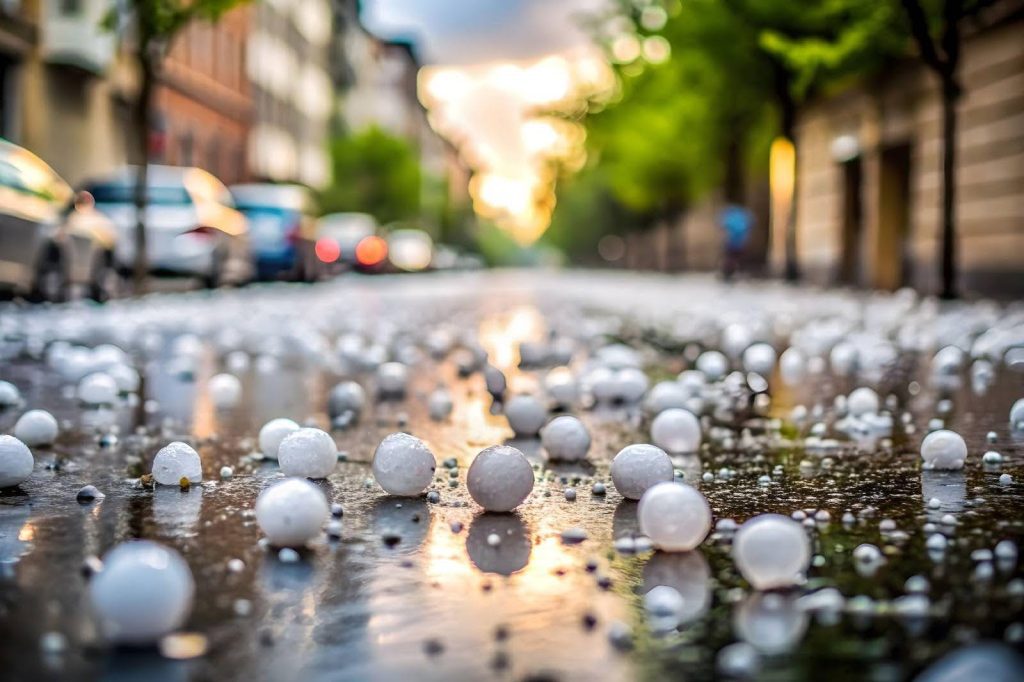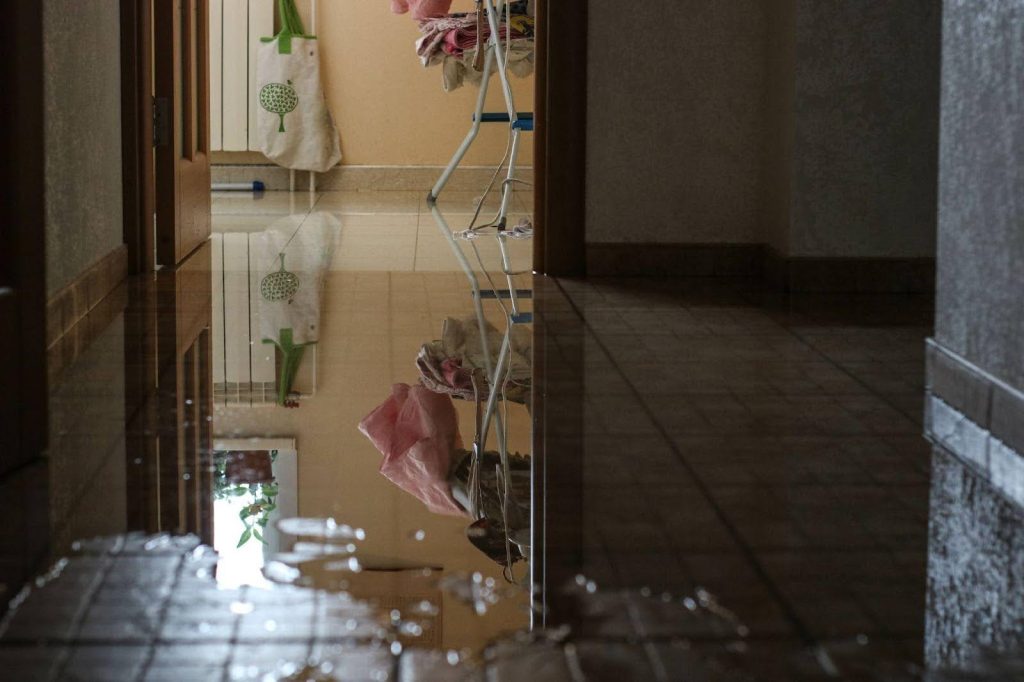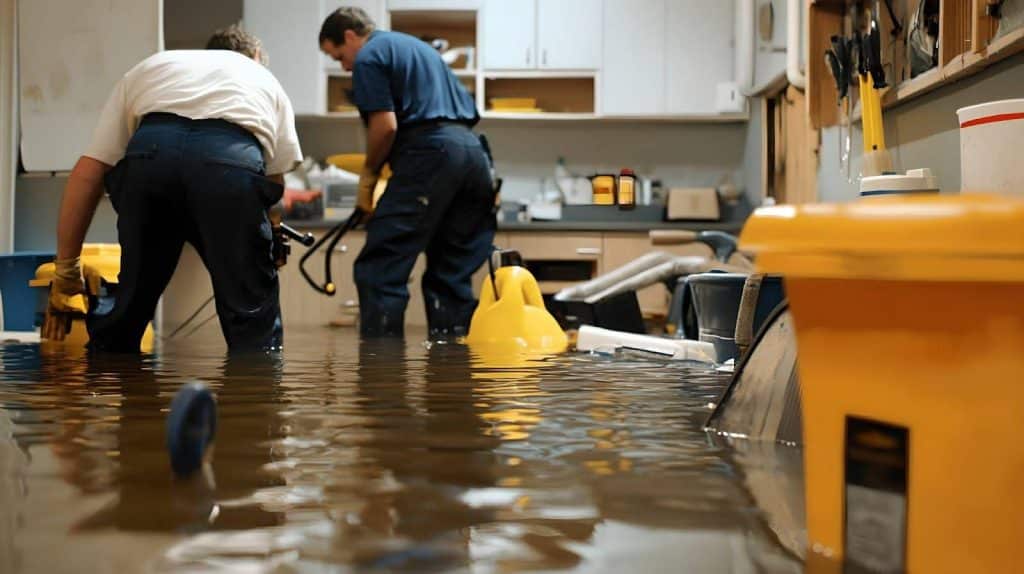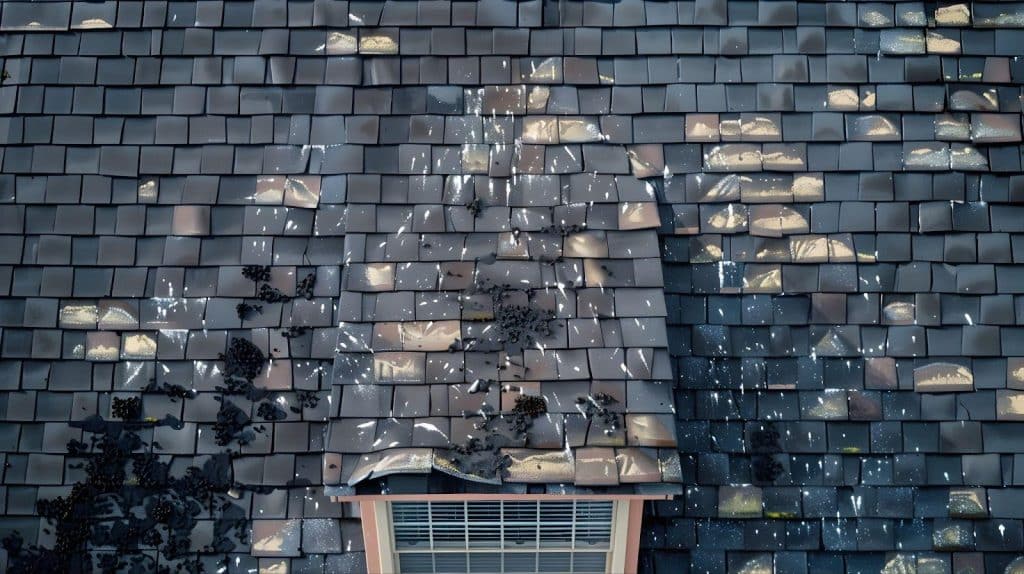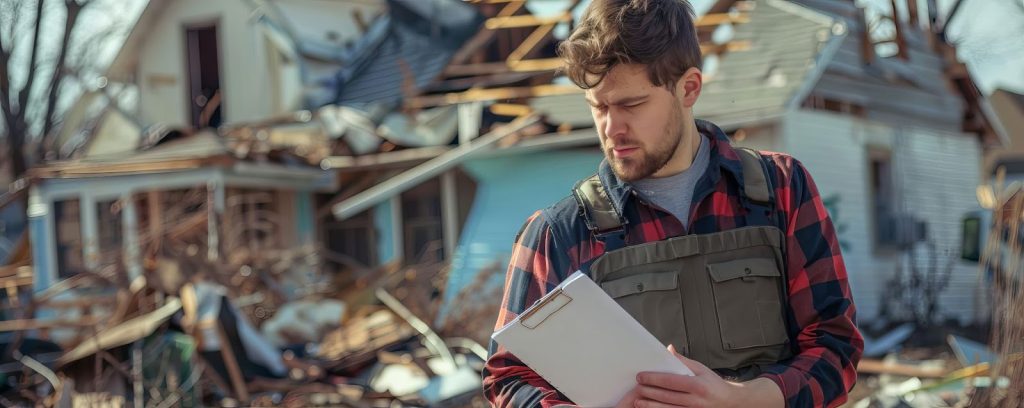NEWS AND ARTICLES
7 Fire Damage Restoration Tips for Homeowners
Experiencing a house fire is overwhelming, from the shock of the event to the stress of what comes next. Once the flames are out and your family is safe, you face the difficult task of restoring your home and belongings. Knowing where to start can feel impossible, but having a clear, step-by-step plan makes the […]
Structural Damage vs. Cosmetic Damage: Understanding the Difference
When damage appears in your home — whether it’s a crack in the wall or a sagging floor — it’s easy to wonder: Is this structural or cosmetic damage? Understanding the difference is important. It impacts the safety of your home and plays a major role in repair decisions, property value, and how your insurance […]
Earthquake-Proof Your Home: Tips to Minimize Damage Risk
Earthquakes strike without warning, and the damage is often devastating when they do. From cracked foundations to collapsed walls, the effects of a major quake will leave your home structurally unstable and financially overwhelming to repair. That’s why it’s so important to take proactive steps to earthquake-proof your home before disaster strikes. Strengthening your home’s […]
7 Reasons to Hire a Public Adjuster for Hail Damage
Hailstorms have the potential to wreak havoc on homes, leaving behind a trail of destruction that’s often overwhelming for homeowners. When faced with hail damage, navigating the maze of insurance claims becomes a daunting task. Enter the public adjuster: a professional who ensures you’re not alone in this process. This article delves into the many […]
How to Assess Flood Damage: A Comprehensive Guide for Homeowners
Floods turn homes into scenes of chaos and destruction almost overnight. The aftermath leaves homeowners feeling overwhelmed as they face the daunting task of rebuilding their lives and homes. Knowing what to do after flood damage will help you reclaim your space and move forward. This article is a comprehensive guide for homeowners on how […]
What You Should Expect to Spend on Water Damage Restoration
Water is both a life source and a destructive force, but what happens when it turns against us? Water damage strikes without warning, wreaking havoc in our homes and wallets. It’s important for homeowners to understand the costs associated with water damage restoration. This article will guide you through the essential aspects of water damage […]
Hail Damage Insurance Claims: What to Know Before You File
Hailstorms may seem fleeting, but their impact can be anything but brief for homeowners. When hail damage strikes, it leaves behind a trail of destruction that necessitates navigating the often complex world of insurance claims. Understanding how to effectively file hail damage insurance claims helps you reclaim your peace of mind and financial stability. Homeowners’ […]
When to Call a Professional for Structural Damage Assessment
Cracks in your walls and doors that won’t close properly are signs of structural damage. If left unaddressed, problems like these lead to bigger risks for you and your home. As you can probably tell, understanding structural damage is essential for keeping your living space safe and secure. It stems from various sources, like weather, […]
What is a Public Adjuster and Should You Hire One?
Whether you already know or are new to knowing what a public adjuster is, that’s ok. Until you’ve had to work with one, many don’t know why they should hire a public insurance adjuster. When a disaster or accident happens, dealing with an insurance claim is a complex and overwhelming process. This blog post will […]

